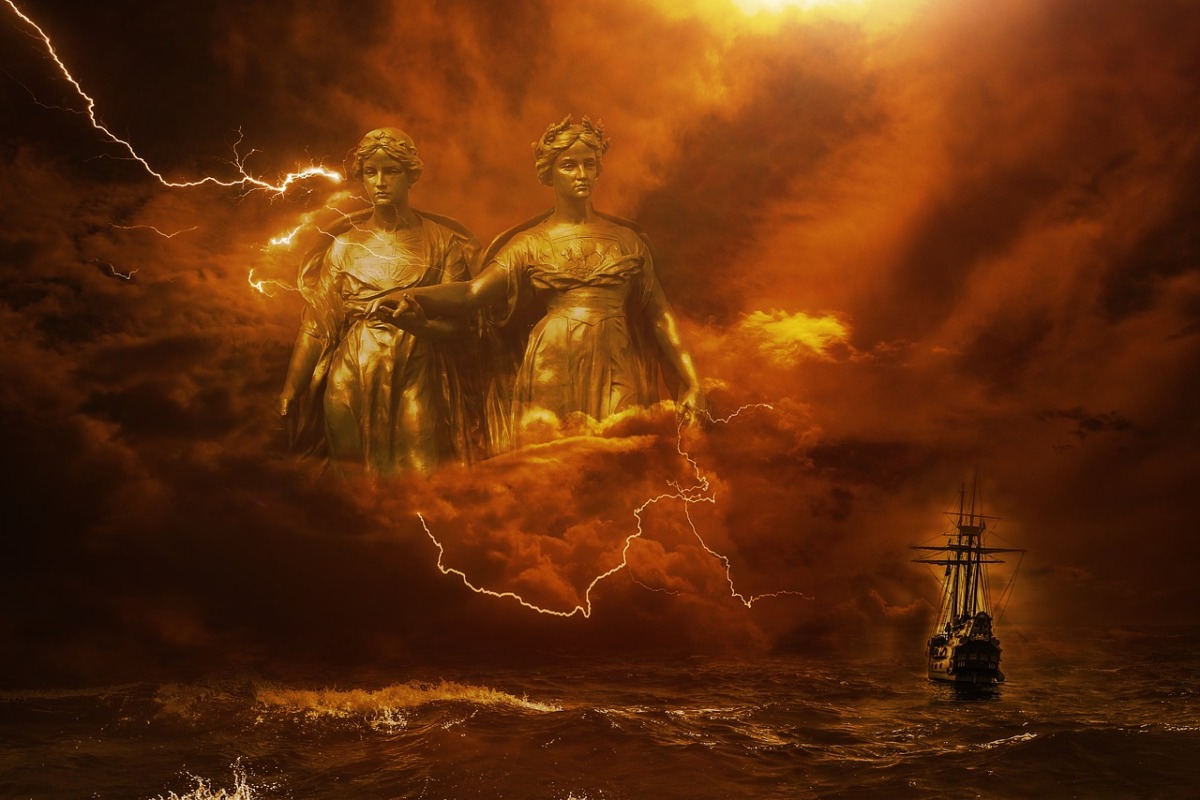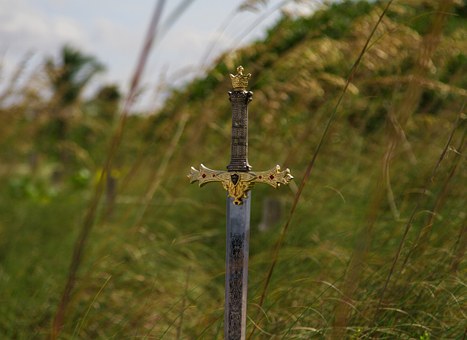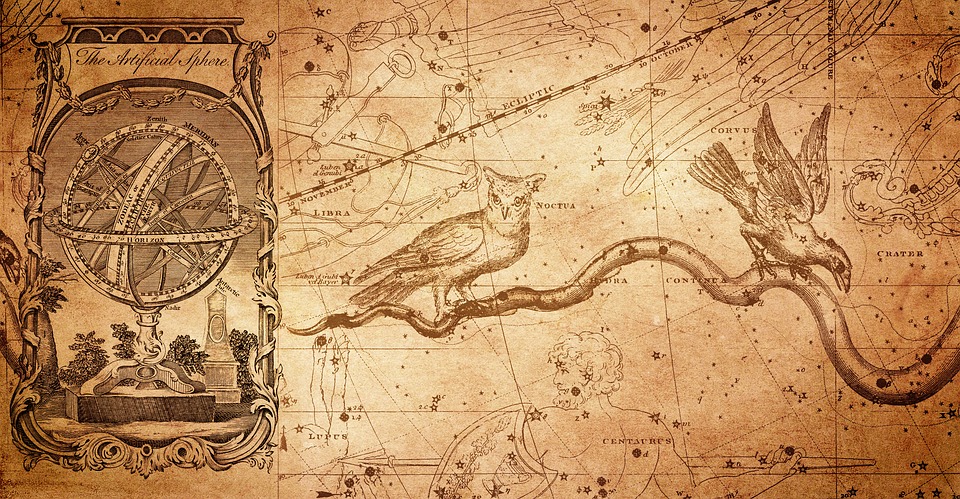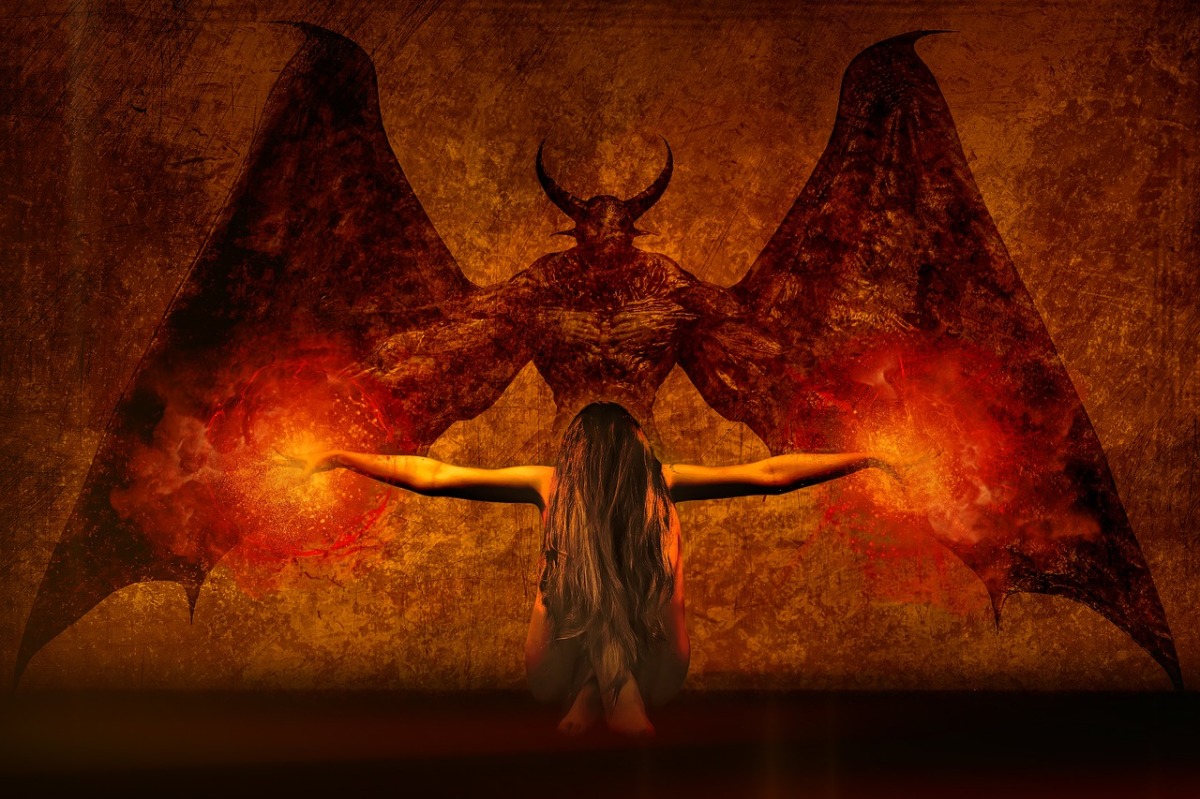Brassica juncea
Mustards have been cultivated for their seeds for over 5 000 years. White mustard is a native of the Mediterranean, central Asia, and North Africa. Brown mustard originated in Asia. Mustards, which are annuals, generally grow from 60 to 120 cm (2 to 4 feet) tall. Both mustards also grow in the wild as weeds.
Tag: both
*Ametrine*
*Ametrine is made from Amethyst and Citrine together and so has the magickal qualities associated with both.
*Ametrine cures headaches and harmonizes both sides of the brain.
* Ametrine cures extreme blushing and protects against meningitis.
A Higher Aspect of Contemplation : Part I
A mystic once said, “If any one saw God and understood what he saw, then it was not God that he saw, but something that belongs to Him.”(1) Some mystics contemplate the formless God and others meditate on the forms that God takes, but the wise mystic knows that the unmanifested and unknown God is beyond both. Even the formless God is an “idea” created in our own mind as an archetypal ideal to help us describe an unknown God, obscure, remote, and outside of us, that remains an abstract thought in our mind.
Continue reading “A Higher Aspect of Contemplation : Part I”
Mordred
by Brian Edward Rise
Traitorous leader of the rebellion that leads to Arthur’s downfall. Originally named Medraut, a legendary and possibly historical Welsh figure who diasgrees with Arthur and does battle with him at Camlann, with fatal results for both. However, the Welsh do not make him plotting or evil. Geoffrey of Monmouth is responsible for the villainous role he assumes in later medieval literature. Possibly revealing an other than Welsh influence, Geoffrey changes the name to Modred, a Cornish or Breton name. Modred is Arthur’s nephew who rules jointly with Guinevere during Arthur’s campaign in Gaul. Modred persuades the Queen into an aldulterous affair and usurps the throne, making peace with the hated Saxons, whom Arthur had destroyed at Badon.Arthur speeds home and engages him by the River Camel in Cornwall. The rebellious usurper is killed and Arthur is borne to Avalon.
Diti
by Dr Anthony E. Smart
An Indian goddess. Many mythographers see Aditi as the endless sky; Diti as the earth. Both apparently come from a different source of Hindu mythology, for their children, though recognized as supernatural, were never part of the official pantheon. Diti’s children were asuras, non-gods. They were powerful beings, especially the warrior Maruts, who might have conquered the gods.
Damon
by Dr Anthony E. Smart
Damon and Pythias. Two young men whose loyalty to each other symbolizes true friendship. When Pythias, condemned to death by Dionysius the Elder, was released to arrange his affairs, Damon stayed on as hostage, pledged to die in place of Pythias, if he did not return. On Pythias’ return, Dionysius freed them both.
Iblis
by Alan G. Hefner
Iblis is the name for the devil in the Qur’an. Although the term “devil” comes from the Greek diabolos, the Muslims derived the name from the Arabic, balasa, “he despaired,” which can be interpreted “despaired of the mercy of God” but he is also al-Shairan, Satan, and “the enemy of God.” The latter aspect of Satan is a commonly shared belief of both Muslims and Christians. According to one tradition, when Allah ordered the angels to bow down to the newly created man, Adam, Iblis refused to do so because he, being made of fire, thought himself superior to a creature made of earth. Continue reading “Iblis”







